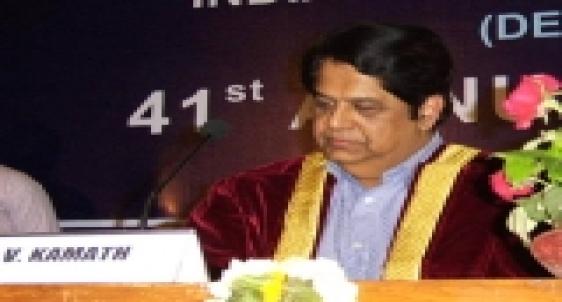
“While several concerns have been raised about sustainability of the economy, I believe that we are still in the initial phases of the growth of our economy,” he said. Drawing parallels with the early growth phase of economic giants Japan and China, he added: “The Indian economy today has the same characteristics as the economies of Japan and China in the early years of their growth: favorable demographics, human capital, rising competitiveness of the industry and raising saving rates.”
Giving credit to the service sector for this growth, he said, “India today is the world’s second fastest growing economy. This is primarily led by services sector. It has brought to the fore the knowledge capital and latent entrepreneurial ability. Knowledge has emerged as the key driver of our economy today.”
This growth, he explained, is changing consumer mindsets, which is further fueling the growth: “The explosive growth has spurred consumption demand. The profile of the Indian consumer is changing. The Indian consumer now seeks to fulfill his lifestyle aspirations at a young age,” he pointed out. “Today, Indian companies benchmark themselves against global players. Not only are we competing globally we are also going out and acquiring globally."
Rural India will be the next growth driver, Mr Kamath said. “Rural India is indeed the key to taking GDP growth to double digits. While some steps have been taken, we have a long way to go in fully integrating rural India into the national economic mainstream.” By providing physical infrastructure, social infrastructure and financial services, much could be achieved for rural India.
Offering a note of caution, Mr Kamath pointed out several areas that need attention and corrections. “There is a need to continuously plan ahead for the resources needed to support this growth. Shortage of skilled work-force, especially in the IT and the ITeS sectors, and lack of infrastructure are two key concerns,” he said.
At the end of his convocation address, he urged the passing batch of IIFT students to “act differently from the generation before you. Great leadership emanated from the ability to dream. Nothing is impossible if you believe in your abilities and work to realize your dreams.”
Mr Kamath is widely credited for transforming ICICI Bank to a financial powerhouse after taking over the reins of ICICI as the CEO in 1996.


























